AeroGenie — Your Intelligent Copilot.
Trending
Categories
Experts Warn Draft Aircraft Leasing Rules Could Deter Lessors
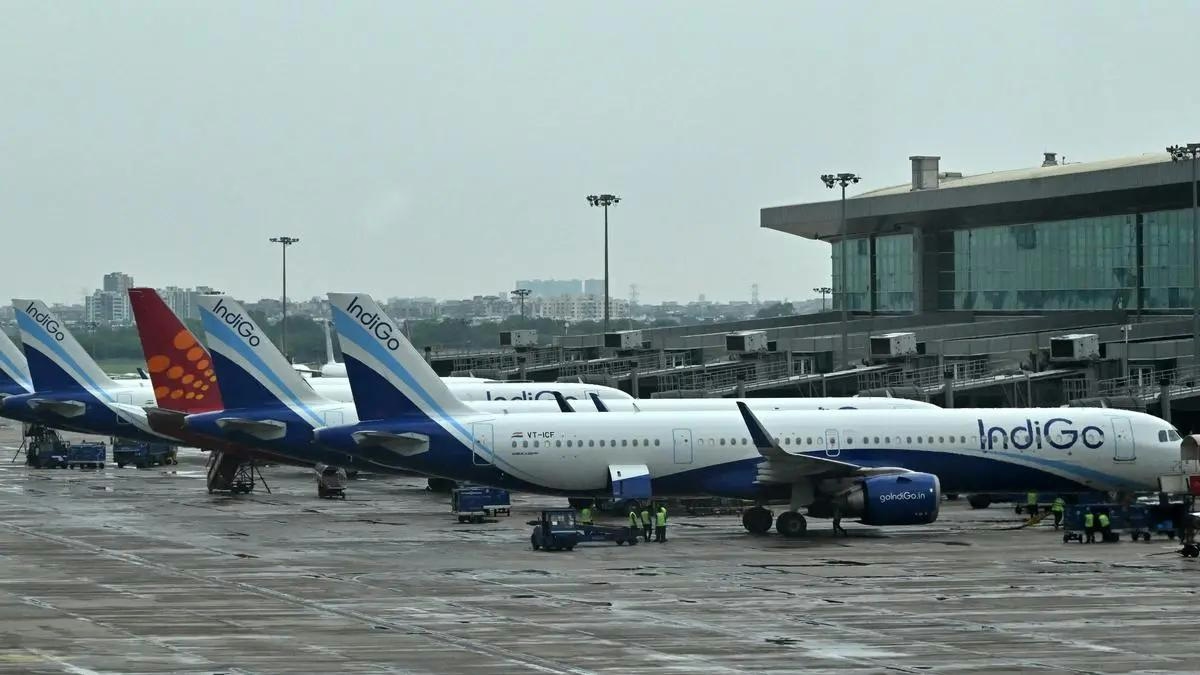
Experts Warn Draft Aircraft Leasing Rules Could Deter Lessors
India’s proposed aircraft leasing regulations, introduced to align with the newly enacted Protection of Interests in Aircraft Objects Act, 2025, have raised concerns among aviation legal experts. While the Act aims to harmonize India’s legal framework with the Cape Town Convention (CTC), specialists caution that the draft rules may inadvertently discourage global lessors from leasing aircraft to Indian carriers, potentially impacting the country’s aviation sector.
Priority of Domestic Claims and Its Implications
A key point of contention lies in the draft rules’ prioritization of a broad range of domestic claims over registered international interests. Mansi Singh, Partner at BTG Advaya, highlighted that under the new framework, lessors are prohibited from exporting aircraft from India unless they settle numerous outstanding dues. These include unpaid wages of airline employees, charges from airport operators, route navigation and facilitation fees, fuel costs, and GST related to the lease. This represents a significant departure from the previous IDERA (Irrevocable Deregistration and Export Request Authorisation) regime, where lessors were only liable for dues directly connected to the aircraft and limited to the three months preceding a default.
Poonam Verma Sengupta, Partner at JSA Advocates and Solicitors, emphasized that the draft rules remove the three-month limitation and mandate full payment of all such claims before repossession can occur. She warned that this could cause substantial delays in repossession processes, as aircraft cannot be exported until all claims are verified and settled. Sengupta further noted that these provisions introduce additional costs and conflict with India’s commitments under the Cape Town Convention, particularly Article 13, which underscores the creditor’s right to prompt possession of aircraft. She cautioned that without recalibration, these rules risk undermining investor confidence, citing the Go First insolvency case as an example of the challenges lessors face amid extended disputes and regulatory uncertainty.
Broader Market Challenges and the Need for Regulatory Clarity
The concerns raised in India reflect wider challenges in the global aircraft leasing market. Recent developments, such as Spirit Airlines’ decision to return over half of its Airbus fleet to lessors, have heightened risk perceptions and may deter lessors from engaging in markets with unclear repossession frameworks. These trends have prompted market participants to scrutinize lease agreements more rigorously and consider renegotiations. Some competitors are also reassessing their fleet management strategies, with a shift toward aircraft ownership rather than leasing to reduce exposure.
Compounding these issues is the ongoing legal dispute over war risks insurance for jets stranded in Russia, which has affected lessors’ financial stability and their willingness to enter new leases in jurisdictions where repossession and claim settlement processes remain ambiguous.
Mark Martin, CEO of Martin Consultancy, underscored the importance of aligning India’s aviation leasing framework with international standards to attract investment and ensure compliance with the Cape Town Convention. He acknowledged that while the new law represents progress, its success hinges on effective implementation and regulatory cooperation. Martin cautioned that the current draft rules introduce ambiguity and financial unpredictability for lessors. He argued that international interests must be given clear precedence, with only narrowly defined exceptions, alongside caps on liabilities and reasonable timeframes for resolving dues. Without such safeguards, he warned, India risks deterring investors rather than encouraging them.
As India endeavors to establish itself as a global aviation finance hub, experts agree that striking a balance between protecting domestic stakeholders and providing clear, predictable rules for foreign lessors will be essential to sustaining investor confidence and fostering growth in the country’s aviation industry.
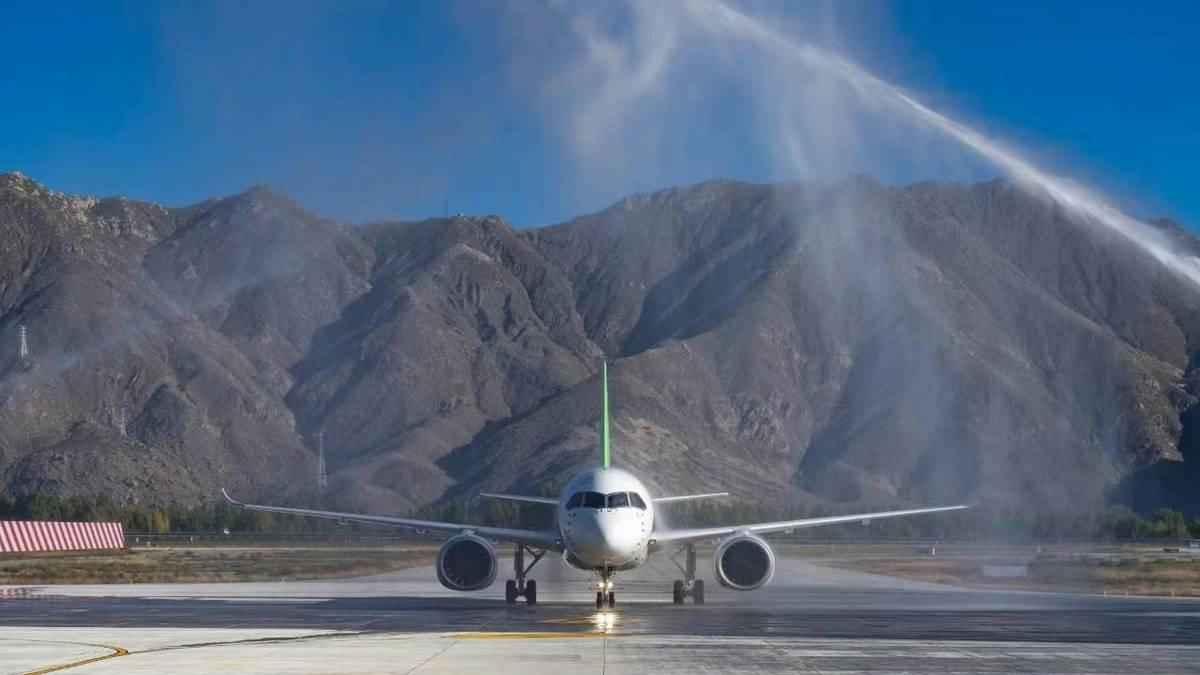
COMAC Faces Delays as Supply Chains and Sanctions Restrict Output and Western Access

Aviation Tariffs Shift Focus Amid Market Volatility
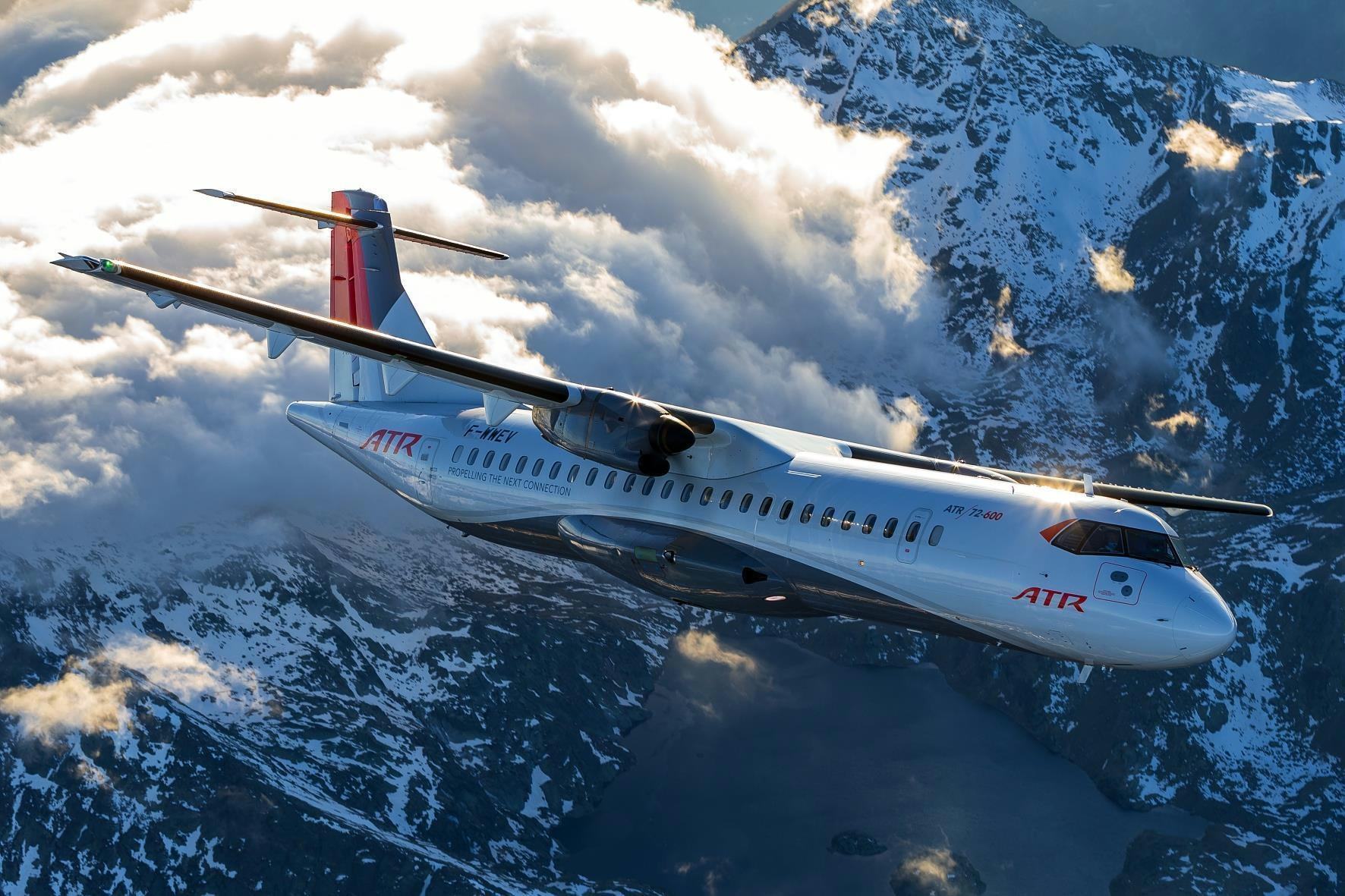
ATR Airlines Misses Targets Amid Aircraft Delivery Delays

Sen. Jerry Moran Proposes Bipartisan Bill to Improve FAA Certification for Advanced Air Mobility
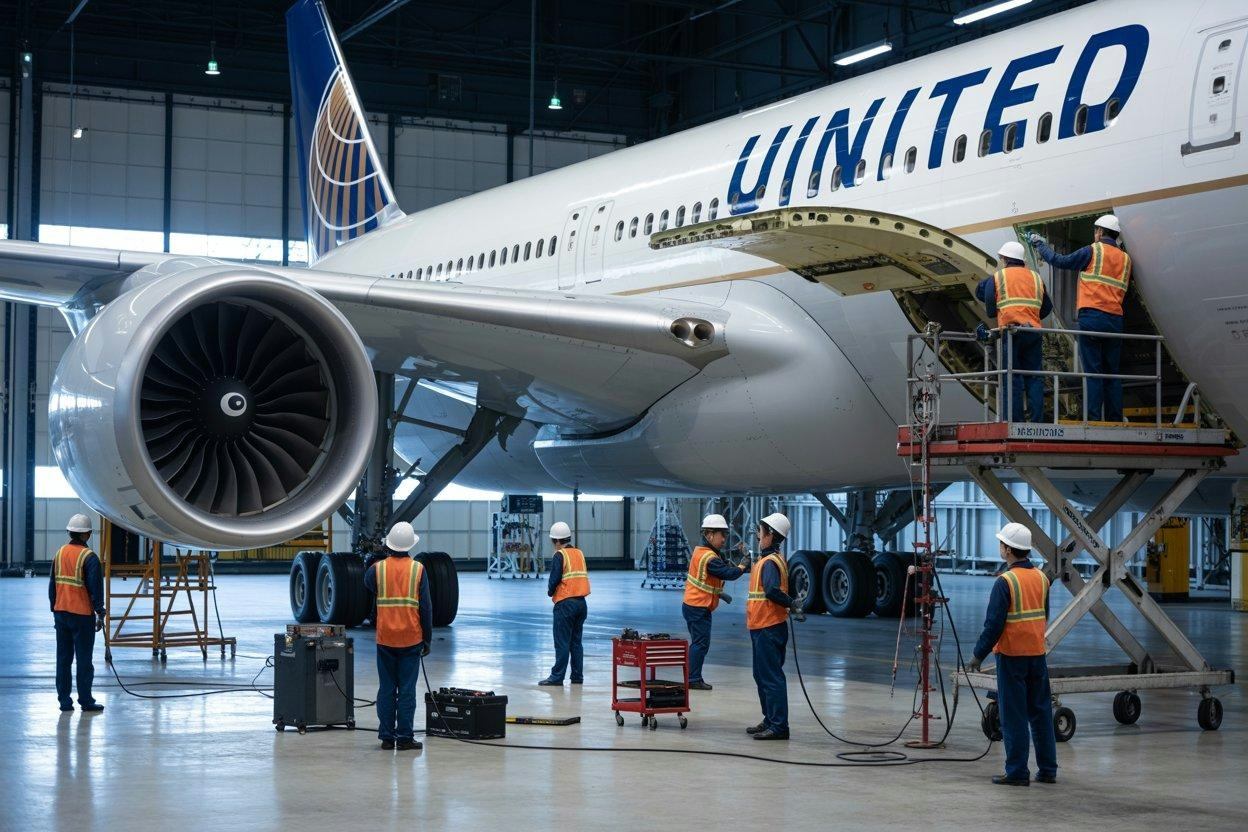
US Audit Identifies FAA Oversight Gaps at United Maintenance

The Impact of Agentic AI on Airport Operations
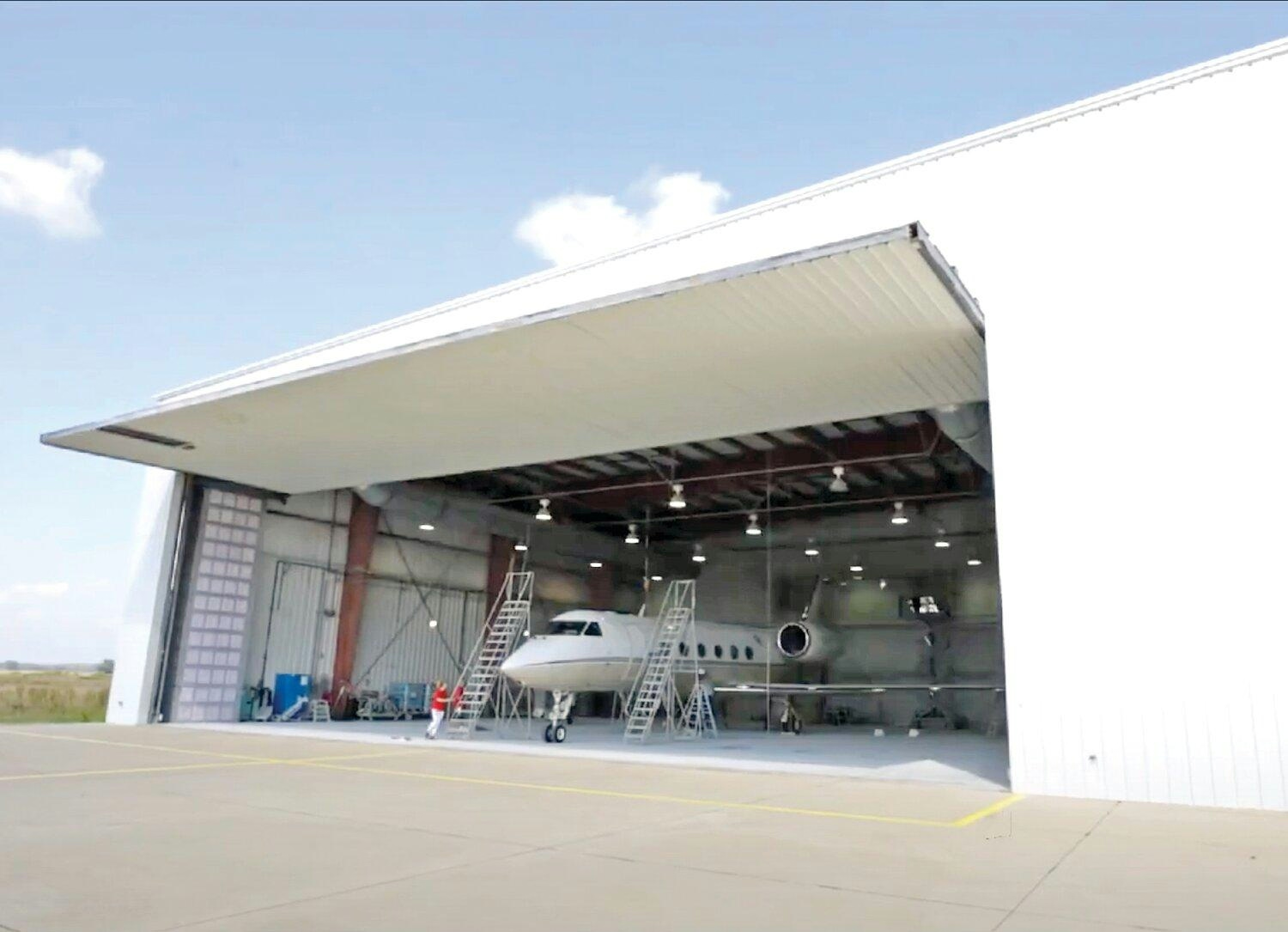
West Star Aviation Announces Expansion in Chattanooga
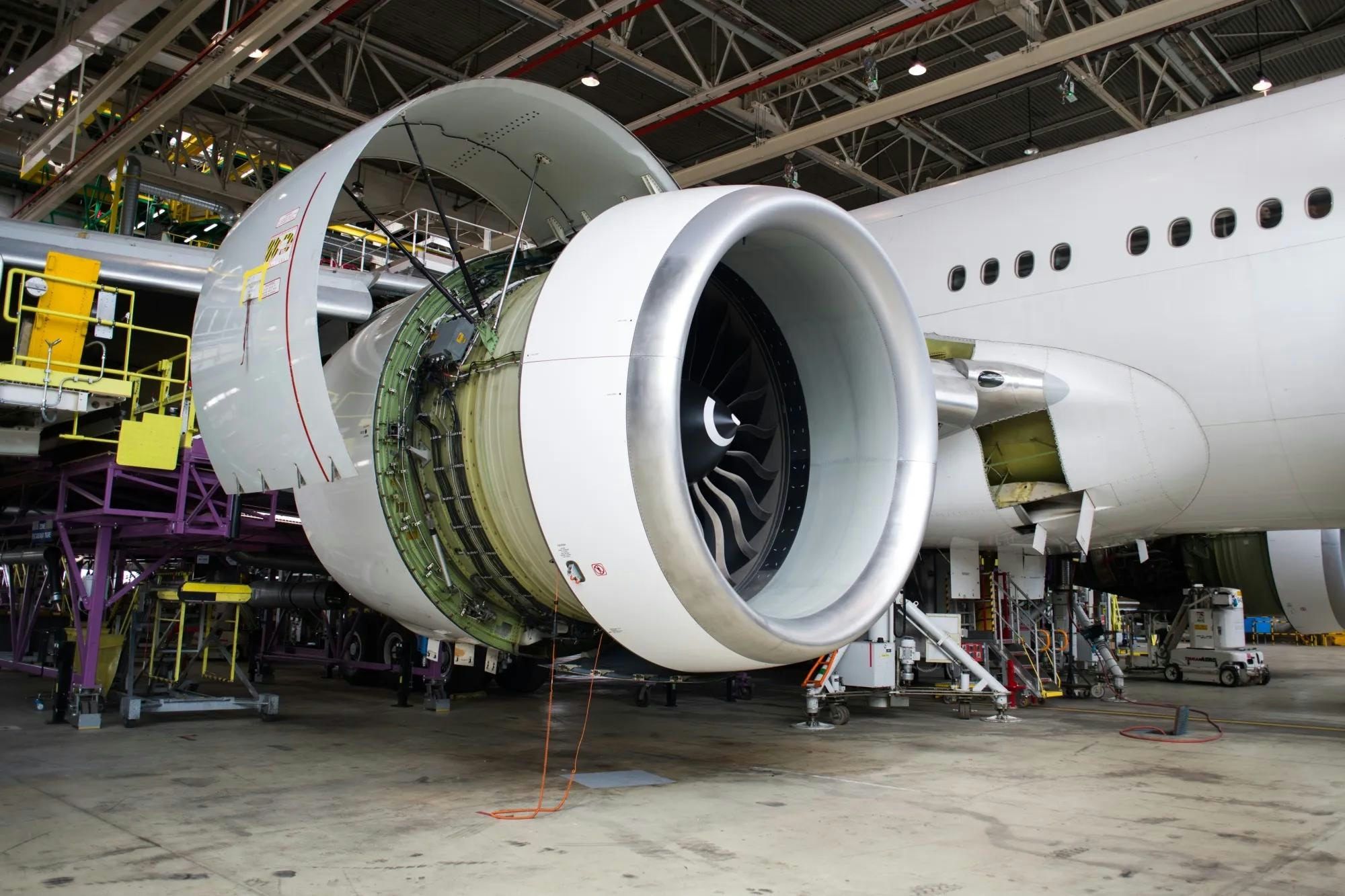
Signs Point to Easing of Aerospace M&A Backlog by 2026

Airlines Accelerate Digital Transformation in Travel

Aviation Design Software Market Projected to Reach $2.8 Billion
